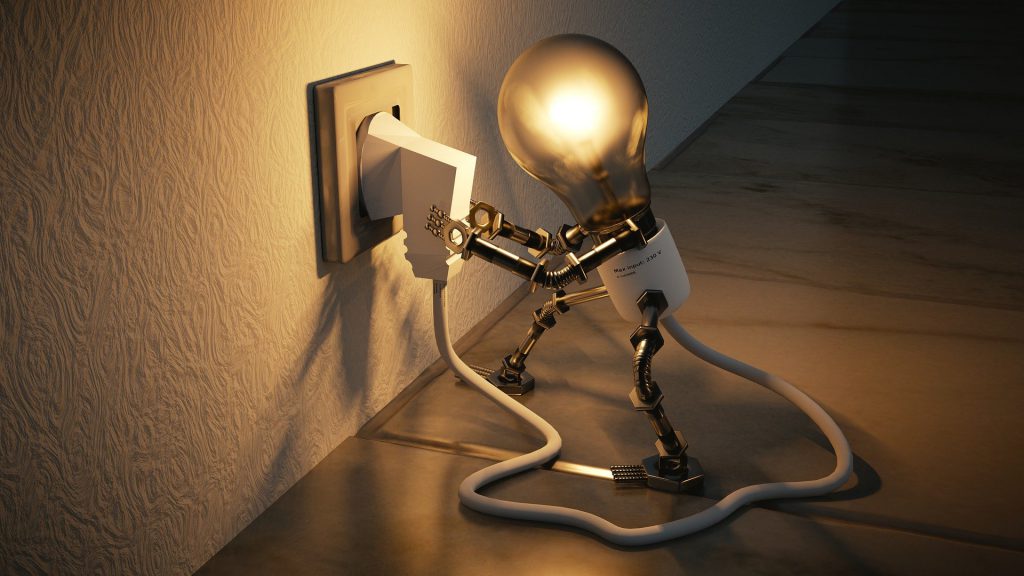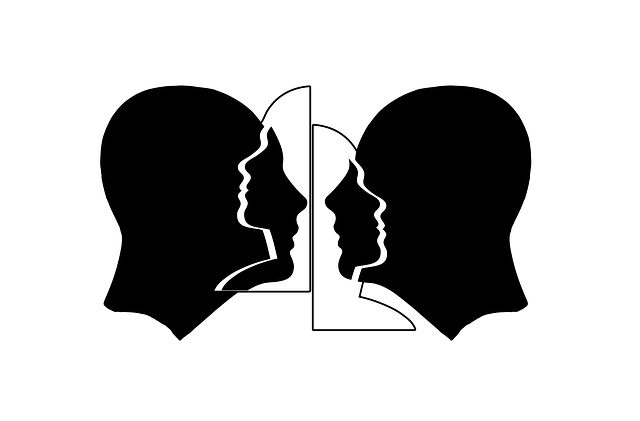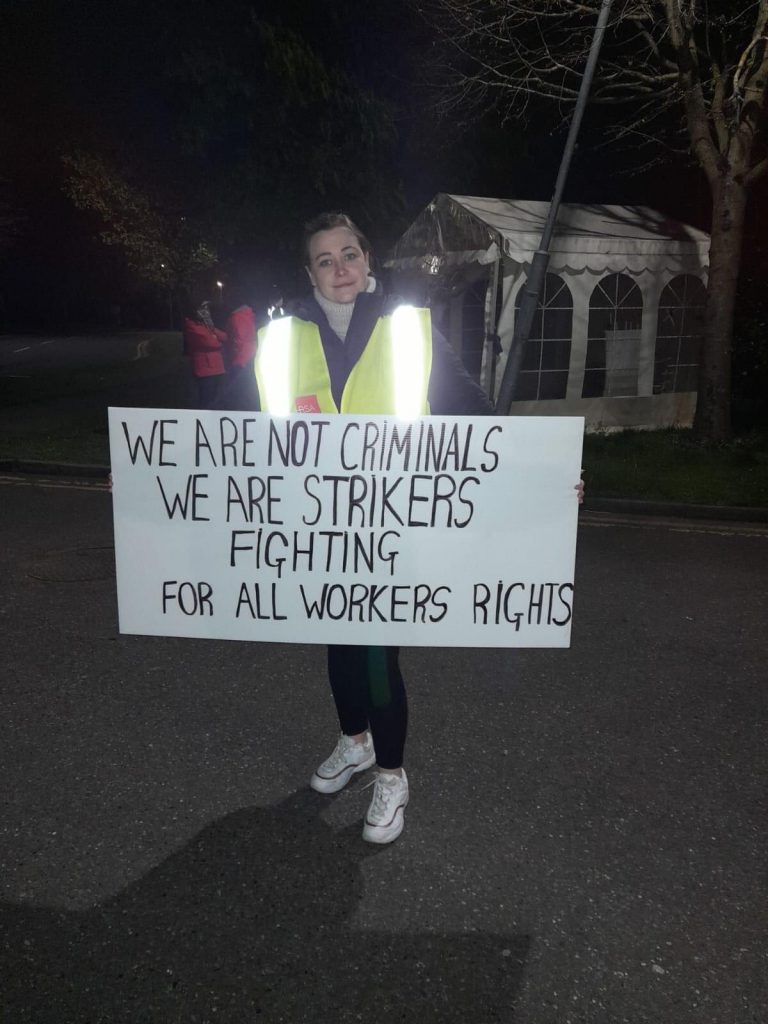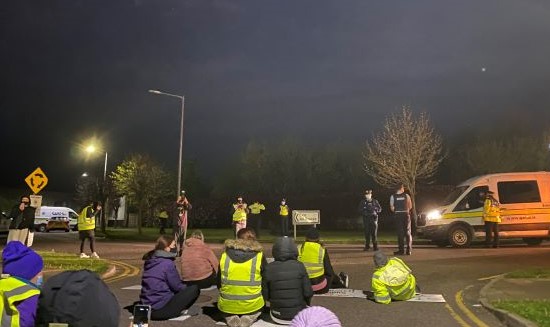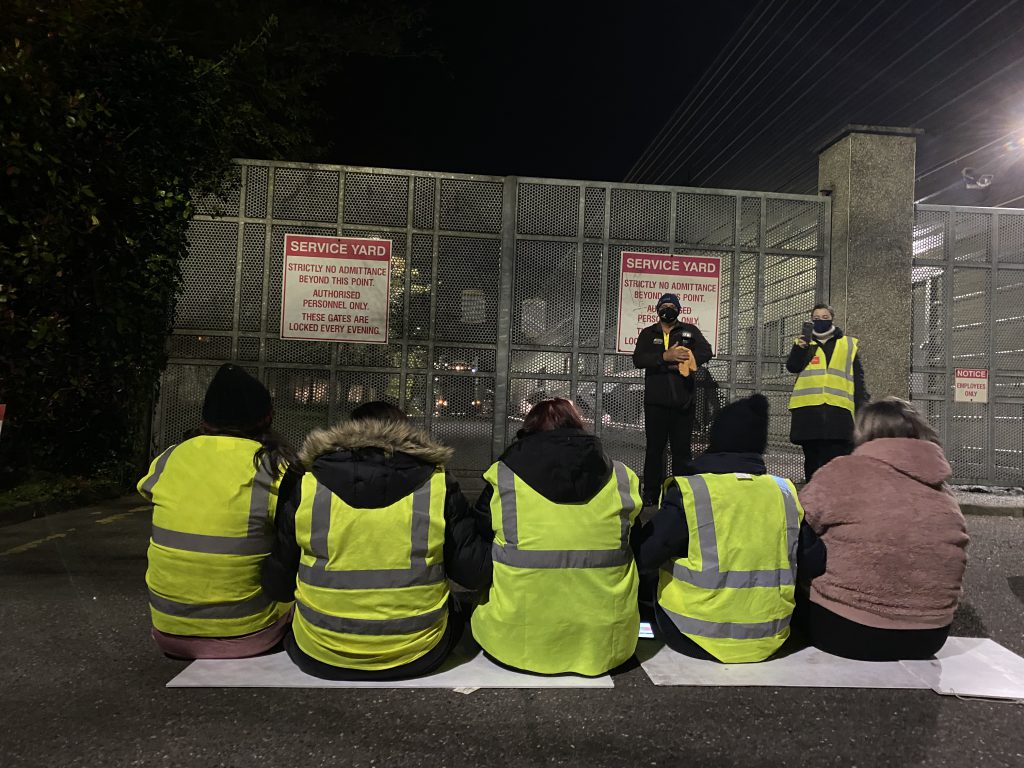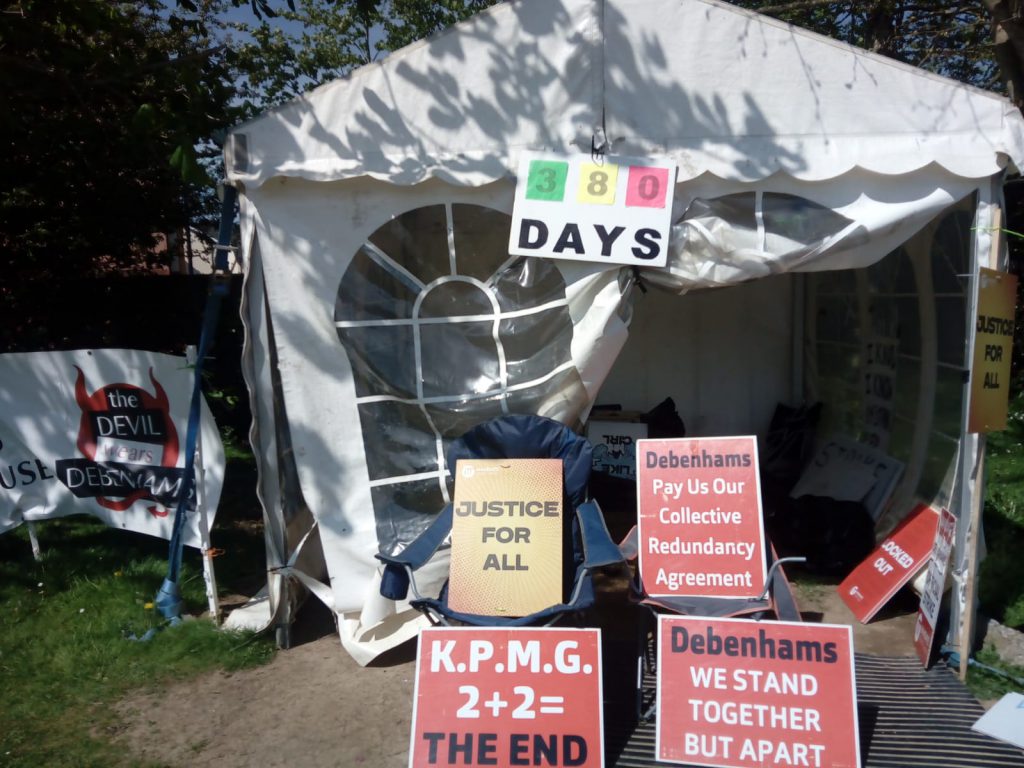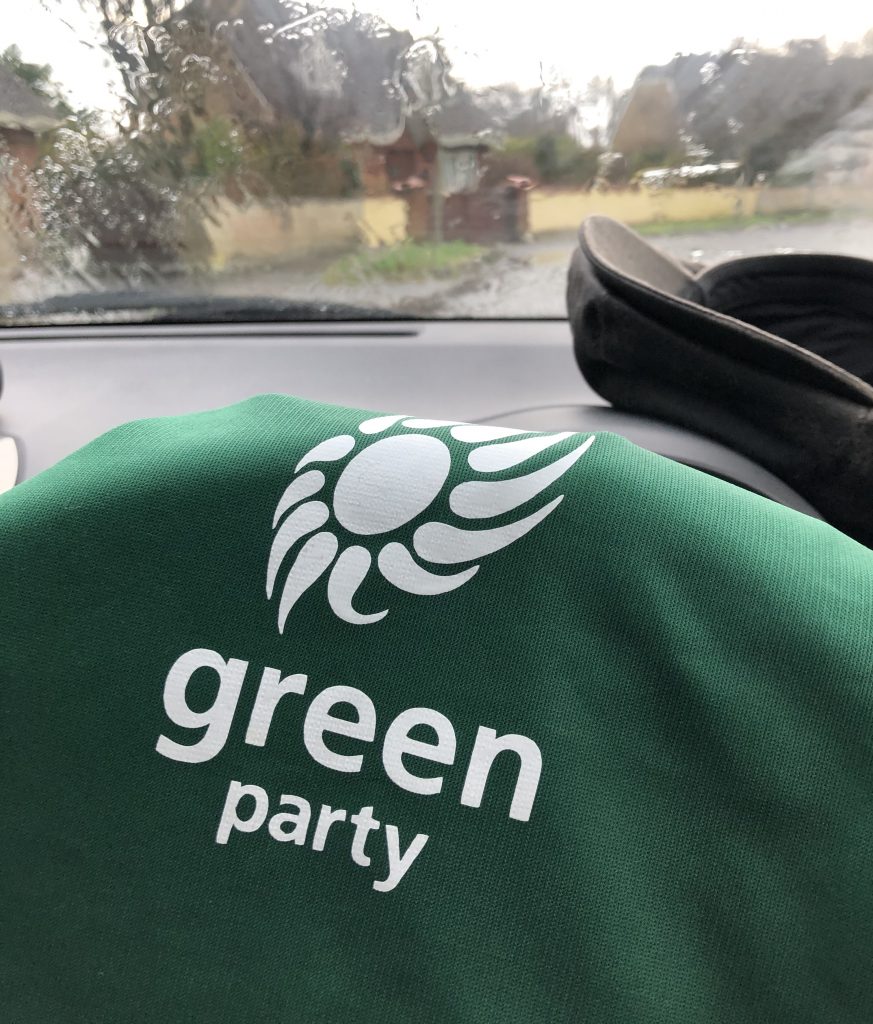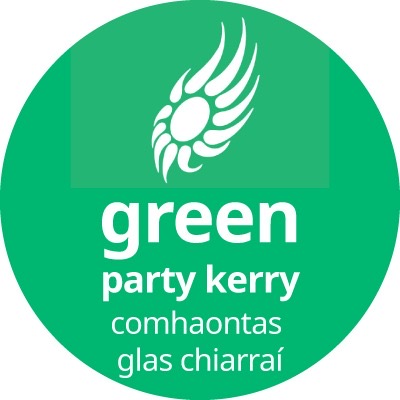Sometimes a political opponent will come out with a dig that is too funny. Brendan Griffin, a Fine Gael TD from Kerry, accused the Green Party of wanting people to have sex with the lights off. It’s a wonderful line. It is communicating a message on a visceral level. Contrast that then to Eamon Ryan, leader of the Green Party, saying, amid a cost-of-living crisis, that people should take shorter showers. I know who I’m voting for in the next election and I’m actually in the Green Party.
I described Griffin as an opponent. His party is in coalition with my party. But in Kerry, what passes for constructive analysis of the problems facing rural Ireland, is to attack the Greens. It’s an understandable reaction to a crisis. There are no elected Greens in the constituency, so an easy target. The politicians who have been elected for generations in Kerry have allowed a situation to develop where there are few jobs here. Where economic development is uneven. Where the housing supply is inadequate. Where the climate crisis is downplayed and even denied. Where short-termism is regarded as common sense. Where a knee-jerk reaction is giving the ‘little’ people of Kerry what they truly need. So, attack the Greens louder and more vociferously than the other Kerry TDs. But never offer solutions.
There is an almost violent reaction in my part of the world to something called, Green ideology. I don’t know what this ideology is. I’ve yet to meet another Green Party member I agree with concerning ideology. I’ve met members to both the left and right of me. Though more on the left than the right. All that binds us is a basic understanding of science. No, not that. More, it is a willingness to accept the word of a scientific community when there is near consensus in that community. Our civilisation’s dependence on burning carbon is warming the planet. The warmer the planet gets the fewer of us it can accommodate. To head this disaster off we need to take as much carbon out of our economies as possible, as quickly as possible.
The pandemic, the war on our doorstep, the cost of living, the housing crisis, the poor state of our health system, and sex in the dark, are important. In an ideal world, these would be all that should concern our politicians and we the voters. Yet combined, they do not represent even an iota of the calamity barrelling towards us in the form of rising sea levels, extreme weather events, and famines.
I don’t have children. I joined the Green Party because I have young nephews and I was worried that their future would be one of hardship, preventable hardship, as they endure a world marred by a damaged climate. Then I began to worry about my future. Surely an overweight middle-aged man would be dead before things got bad? Now I worry about my parents, in their 70s, who might be around to see the beginning of the unravelling of what we have, for millennia, called normal.
I understand for politicians all that matters is winning the next election. That is the nature of politics. And I understand the rather underhanded assertion that Kerry’s problems are the worst and therefore most important. While simultaneously saying that Kerry is too small and unimportant to contribute anything to solving our climate crisis. To tackle the climate crisis is to embrace the enormous disruption required to take carbon out of our civilisation. There is no easy way to do that. It will necessarily be uncomfortable, possibly downright awful. And I fervently wish it didn’t need doing because I quite like my life as it is. But we have already wasted decades prevaricating. We now have mere years to change things.
I really wish an elected politician in Kerry would begin to tell the truth about this. Just one Kerry politician speaking the truth of what is to come would be a welcome change.
And if the majority of people in Kerry decide they would rather lose whole swathes of the county to the sea rather than make an effort, then so be it. At least that would be an informed choice.
